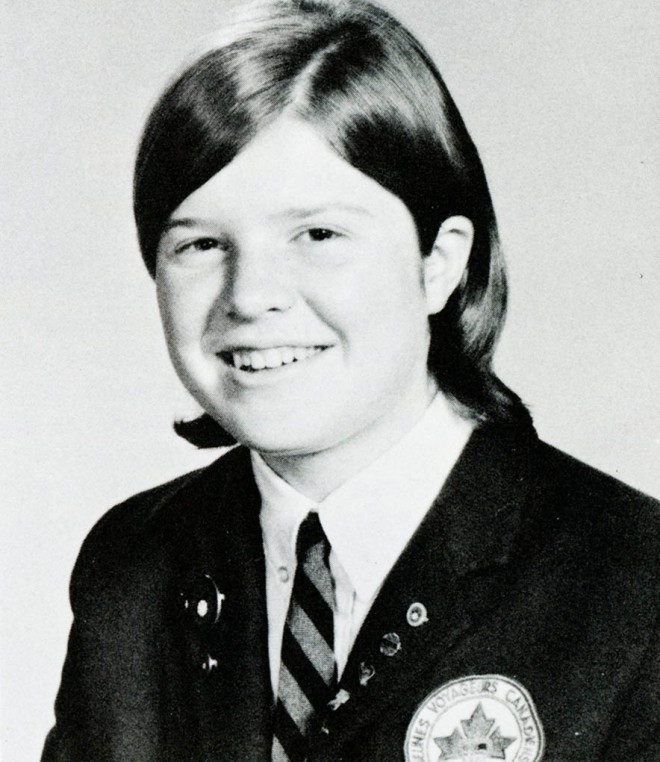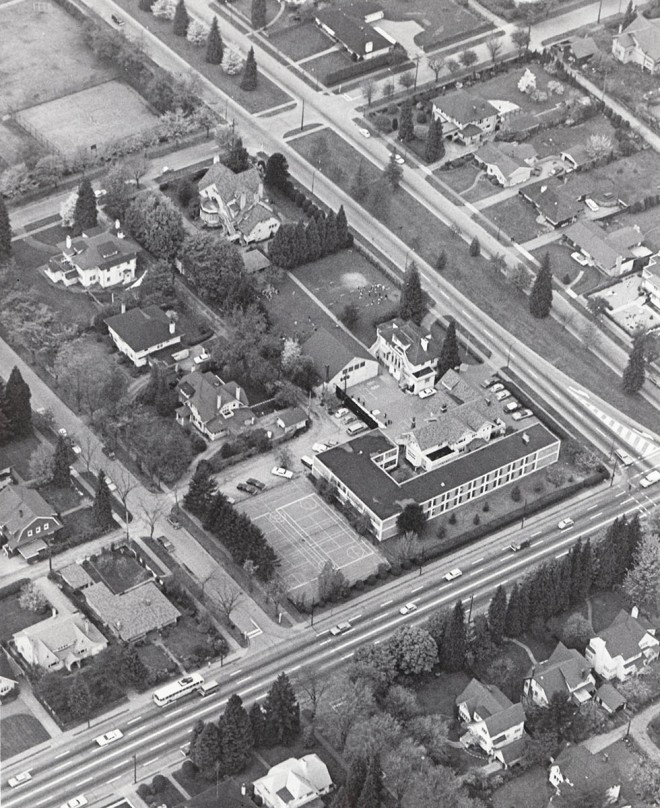 It was a pleasure to see so many of you at the parent information presentation “Curriculum Transformation: What Does It Mean?*” on Tuesday, October 27th. We had close to 150 parents attend the information sessions. View the video of the full presentation here.
It was a pleasure to see so many of you at the parent information presentation “Curriculum Transformation: What Does It Mean?*” on Tuesday, October 27th. We had close to 150 parents attend the information sessions. View the video of the full presentation here.
Prior to BC’s Curriculum Transformation and during the consultation process undertaken by the Ministry of Education, students, parents and educators from across the Province were asked, “What words would best describe the type of education you wish to have?”. The feedback obtained pointed to what is called, “The 3 P’s of Education”: passion, purpose and personalization.
Students overwhelmingly expressed that they want their learning to be connected to content that sparks their interest. When student passion is engaged, students learning becomes energized and meaningful and student motivation for learning increases.
Yes, it is true that learning is changing, but one familiar phrase that can still be heard in schools is, “Why do I have to learn this?” I remember asking this question in school myself. Students want to see a connection between the real world and the learning they do in the classroom. When students ask this purpose related question, what they are really asking for is a connection between the real world and their learning. Students want to know that what they are doing has meaning and is directly related to skills they require to develop in order to be prepared and successful in the real world.
When it comes to personalization, students are asking that we take into account their strengths, their needs and their various learning styles. Personalization does not mean that all students have different learning programs. Rather, it means involving students in the direction of their learning and providing them with choices when it comes to their learning paths. Not all students learn at the same pace and in the same way. Personalizing learning means getting to know student learning profiles (ways students learn) and providing students with choices to demonstrate their learning in various ways. It also means extending learning beyond the classroom walls and offering students real-world learning opportunities.
As I explained to parents in attendance, we are no different as adults. The marketing world has already discovered that as adult consumers, we too crave personalization. We are informed consumers who also want choice and flexibility when it comes to purchasing products and obtaining services – just think of that extra hot, skinny mocha latte, no whip that you order from Starbucks with your name on it!.
During the presentation, I described in detail how student learner profiles have changed. I outlined how important it is for educators to be aware of these changes so that we can implement learning strategies that will tap into our students needs, interests and passions. I also shared with parents, a document entitled, “Who Are The Millennials?*”. This document outlines new learning dispositions that students engage in as a result of living in a digitally connected world. If we understand and value our student’s learning profiles, we can intentionally integrate related learning strategies into our lessons in order to increase student engagement.
It was a pleasure to read the feedback obtained from parents after the presentation. Here are some parent comments:
“Great presentation. It was helpful to get a big picture, see context, and have examples.”
“I enjoyed and connected to the learning exercises – looking for answers vs. questions/inquiry based learning.”
“It was very enlightening. I’ve moved from being skeptical to being open.”
“Very informative presentation. Can we have a follow up grade 10-12 presentation once this curriculum is established?”
“It was excellent. Learning profile and big picture explanations particularly helpful.”
“It was great to learn about the changes and I’m glad the province is proactive.”
Here are some questions parents posed:
- How can parents help?
- How does this impact assessment in the future and how does that translate to post-secondary institutions?
- Can you please provide us with follow ups on the changes as the curriculum implementation evolves at York House School?
- How can we engage our kids to develop creativity outside the classroom?
- How do we reconcile digital integration with traditional learning?
I want to thank parents for their thoughtful comments and questions. We plan to provide follow up parent information sessions as our work with the new curriculum implementation continues to unfold at York House School. Please note the following curriculum implementation schedule as proposed by the BC Ministry of Education:
- September 2016: K-9 full Implementation
- September 2017: Grades 10-12 proposed implementation
On November 27th, at our next professional development day for teachers, our focus will be on the new curriculum. We plan to explore and discuss the changes to the curriculum and how these changes are implemented in the classroom both now and in the future. Our very dedicated staff are already involved in implementing many of the proposed changes. We will continue to engage in dialogue, learn and share instructional strategies and nurture the development of learning communities so that teachers are well supported during this transition to the new curriculum.
Again, it was a pleasure to see so many parents attend this information session. We plan on providing ongoing parent information sessions as we implement the new curriculum. One thing that will not change is our commitment in providing your daughter with a dynamic, relevant and engaging learning environment.
Julie Rousseau
Director of Learning, Creativity & Innovation
*myYHS website login required to access these documents




